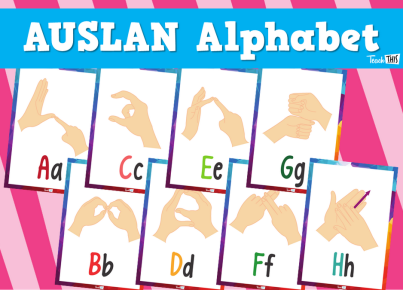Introduction:
Learning new languages is an enriching and life-changing experience that not only connects us with diverse cultures but also opens doors to endless possibilities. Traditional languages such as English, Mandarin, and Spanish have dominated the global scene, but in recent years a new language for learning has emerged that promises to impact how we acquire knowledge and skills.
The Advent of the New Language:
This new language transcends linguistic boundaries and is rooted in the digital realm. It draws inspiration from advanced technologies like artificial intelligence (AI), virtual reality (VR), and augmented reality (AR) and aims to revolutionize how we learn by providing immersive, interactive, and adaptive experiences.
Developed by experts in linguistics, computer science, psychology, and education, the innovative language combines the best aspects of current educational practices while harnessing the potentials of cutting-edge technology. Together this creates a powerful tool for acquiring knowledge effortlessly and rapidly.
The Impact of the New Language on Learning:
Imagine being able to learn any subject without language barriers, time constraints, or geographical limitations. The new language enables learners to engage with educational contents easier than ever before by providing instant translations, personalized feedback, and engaging multimedia elements.
Researchers are optimistic that this novel approach will not only improve overall learner engagement but also help bridge the gap between accessibility of quality education resources worldwide.
Integration of AI in the New Language:
Another fascinating feature of the new language is its integration of AI algorithms with adaptive learning technologies. These advanced systems gather real-time data on learners’ strengths, weaknesses, and progress to offer personalized recommendations tailored specifically to each individual’s needs.
Adaptive learning features are vital in ensuring rapid acquisition and retention of knowledge as well as improving motivation among learners.
The Future of Learning:
As technology advances rapidly and education shifts towards blended learning environments combining online resources with traditional classroom methods, it’s imperative that our tools for learning adapt seamlessly to the evolving landscape.
The new language, with its innovative blend of linguistic and technological advancements, has the potential to transform our educational landscape, paving the way for a more connected, inclusive, and intelligent world. Although still in its infancy stage, this new language is sure to gain momentum as more people embrace the power of technology to enhance their learning experiences.
In conclusion, the new language is poised to change the way we learn by integrating linguistics with emerging technologies and adaptive learning systems. As we delve further into the digital age, embracing this revolutionary approach to learning will be crucial in shaping a world where everyone can benefit from tailored education.





